Dagstuhl Seminar 25141
Categories for Automata and Language Theory
( Mar 30 – Apr 04, 2025 )
Permalink
Organizers
- Achim Blumensath (Masaryk University - Brno, CZ)
- Mikolaj Bojanczyk (University of Warsaw, PL)
- Bartek Klin (University of Oxford, GB)
- Daniela Petrisan (Université Paris Cité, FR)
Contact
- Andreas Dolzmann (for scientific matters)
- Jutka Gasiorowski (for administrative matters)
Dagstuhl Reports
As part of the mandatory documentation, participants are asked to submit their talk abstracts, working group results, etc. for publication in our series Dagstuhl Reports via the Dagstuhl Reports Submission System.
- Upload (Use personal credentials as created in DOOR to log in)
Dagstuhl Seminar Wiki
- Dagstuhl Seminar Wiki (Use personal credentials as created in DOOR to log in)
Shared Documents
- Dagstuhl Materials Page (Use personal credentials as created in DOOR to log in)
Categorical methods have a long history in automata and language theory, but a coherent theory has started to emerge only in recent years. Some recent examples of categorical methods in automata theory include monadic, coalgebraic, functorial, fibrational and profinite approaches. Such an abstract viewpoint can provide a unifying perspective on various forms of automata; it can make it easier to bootstrap a theory in a new setting; and it provides conceptual clarity regarding which aspects and properties are fundamental and which are only coincidental.
Due to being in its early stages, the field is currently still divided into several different communities with little connections between them. The purpose of this seminar is to connect these communities; to initiate collaborations; and to discuss recent developments and possible ways to go forward. The seminar will mix researchers of different backgrounds, in order to achieve a healthy balance between abstraction and applications in automata theory.
We hope that the meeting will foster further interaction between the different communities. It should benefit category theorists, who may or may not have studied computation theory before, by inspiring them to look at problems motivated by automata and formal languages. It should also be useful to automata theorists, who may or may not be familiar with categorical techniques, by exposing them to the scope and strength of these techniques. We hope that this interaction will be both productive and enjoyable for all participants.
 Achim Blumensath, Mikolaj Bojanczyk, Bartek Klin, and Daniela Petrisan
Achim Blumensath, Mikolaj Bojanczyk, Bartek Klin, and Daniela Petrisan
Please log in to DOOR to see more details.
- Samson Abramsky
- Bahareh Afshari
- Quentin Aristote
- Achim Blumensath
- Mikolaj Bojanczyk
- Célia Borlido
- Thomas Colcombet
- Ugo Dal Lago
- Elena Di Lavore
- Matthew David Earnshaw
- Uli Fahrenberg
- Zeinab Galal
- Silvio Ghilardi
- Helle Hvid Hansen
- Victor Iwaniack
- Tomas Jakl
- Bartek Klin
- Barbara König
- Aliaume Lopez
- Fosco Loregian
- Jérémie Marquès
- Paul-Andre Mellies
- Karla Messing
- Stefan Milius
- Vincent Moreau
- Rémi Morvan
- Andrzej Murawski
- Lê Thành Dung Nguyen
- Jakub Opršal
- Daniela Petrisan
- Cécilia Pradic
- Jurriaan Rot
- Lutz Schröder
- Tim Seppelt
- Nihil Shah
- Ryoma Sin'ya
- Pawel Sobocinski
- Ana Sokolova
- Rafal Stefanski
- Howard Straubing
- Henning Urbat
- Sam van Gool
- Yde Venema
- Jana Wagemaker
- Noam Zeilberger
- Krzysztof Ziemianski
Classification
- Formal Languages and Automata Theory
- Logic in Computer Science
Keywords
- category theory
- automata
- formal language theory

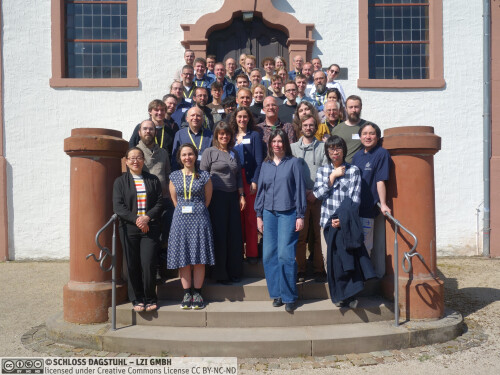
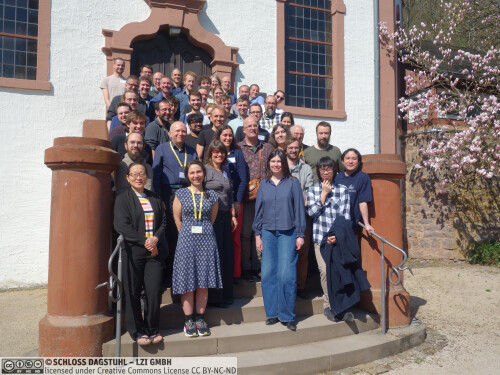
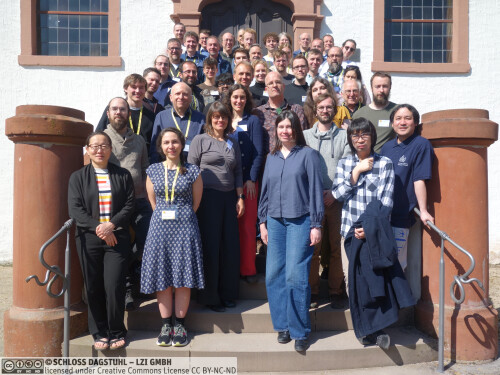
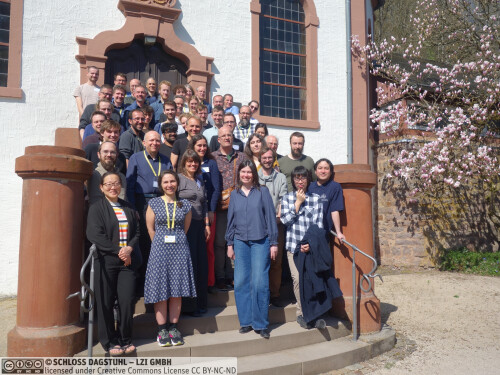
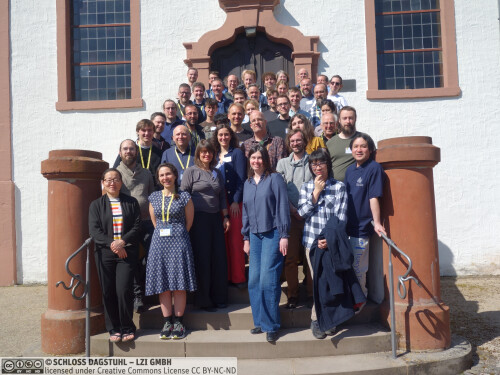
 Creative Commons BY 4.0
Creative Commons BY 4.0
